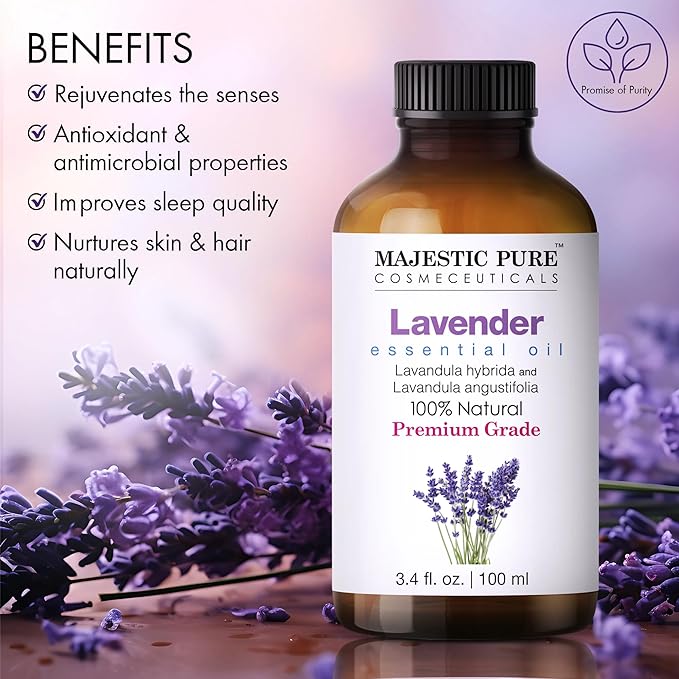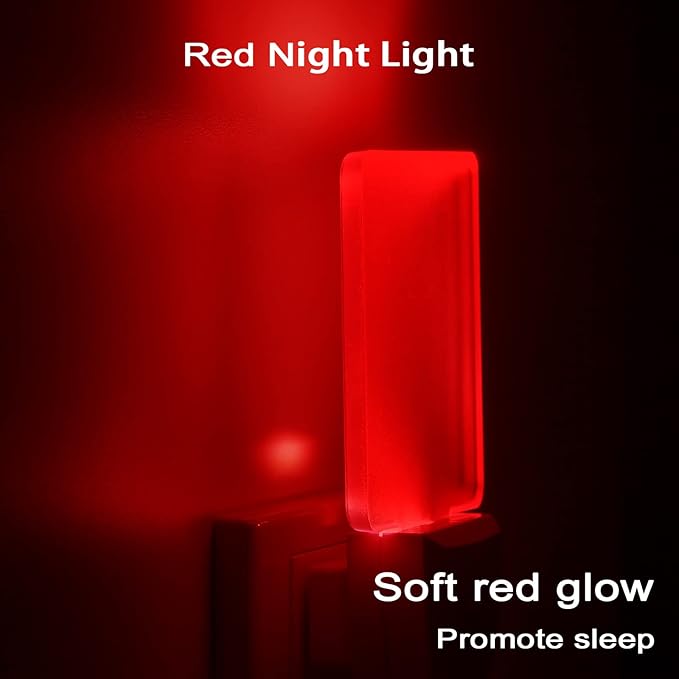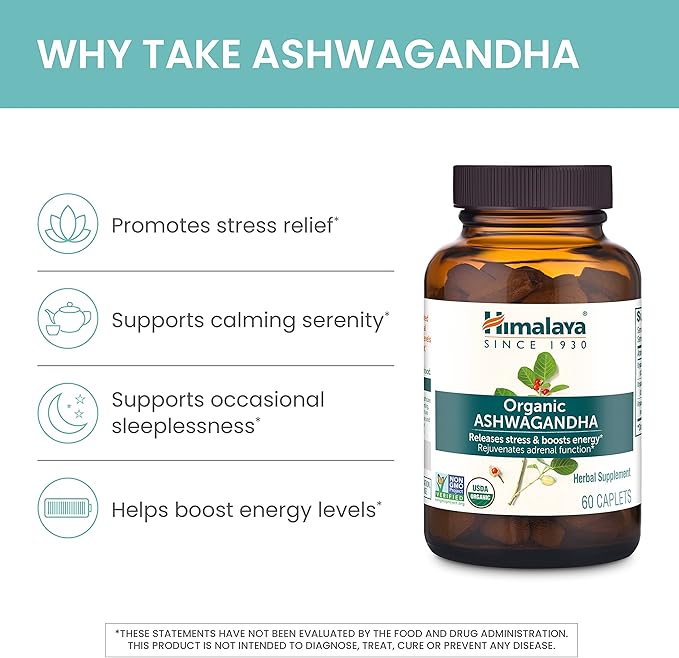
Sleep is one of the greatest gifts of life—a vital foundation of health and happiness. Money cannot buy the peace and rejuvenation that one gets from a restful night’s sleep. As our elders so wisely put it, “Sleep is peace of mind.” In today’s fast-paced world, mental wellness is perhaps our most valuable asset, and quality sleep plays a crucial role in maintaining it. Unfortunately, many people struggle with sleep and turn to pills for relief. However, sleeping pills can contribute to addiction and won’t tackle the underlying issues causing insomnia. Poor sleep is closely linked to issues like anxiety, depression, and weakened immunity. The good news? There are gentle, natural sleep remedies to help improve sleep without pills, backed by science.
Your diet, lifestyle, stress levels, and even your social circle all affect how well you sleep. That’s why, in this article, we will discuss 7 natural remedies to improve sleep without pills—well-tested, science-backed sleep tips to help you sleep quicker and wake up really refreshed. OUR WEBSITE GIVES BEST REVIEWS OF BEST PRODUCTS . FOR MORE VISIT OUR WEBSITE.
Why Sleep Matters More Than You Think?
Ever asked yourself the secret to a happy, healthy life? It’s found in quiet, restorative sleep. In sleep, your brain cleanses itself, muscles heal, and emotions recharge. It’s a full-body, mind-body reset.
But lack of sleep can cause many health problems, including:
- More anxiety and depression
- Eroded immune system
- Foggy memory and focus
- Weight gain and hormonal disruption
- Greater risk of heart disease and diabetes
Prioritizing natural ways to sleep better without pills is essential for overall well-being.
7 Natural Sleep Remedies Backed by Science
We all experience nights when sleeping seems impossible. But, before you give up and grab another cup of coffee tomorrow morning, consider this: nature offers gentle, proven ways to help you sleep better. Moreover, natural ways to improve sleep can help in a safe and effective manner. Try these 7 natural sleep tips without pills:
1. Magnesium: The Sleep Regulator You May Be Missing

What it does: Magnesium is a crucial mineral that participates in more than 300 biochemical reactions, such as the regulation of your sleep-wake cycle. It soothes the nervous system and aids muscle relaxation, both of which are important for a sound sleep.
Evidence: In fact, a study in the Journal of Research in Medical Sciences (2012) found that magnesium supplementation improved the quality of sleep, particularly for those with insomnia and those with low levels of magnesium. It was highlighted that it induces deeper and sounder sleep.
Dose: To maximize benefits, take a dose of 200–400 mg of magnesium in the form of magnesium glycinate or citrate. These are readily absorbed and cause less gastrointestinal discomfort.
OUR WEBSITE GIVES BEST REVIEWS OF BEST PRODUCTS . FOR MORE VISIT OUR WEBSITE.
2. Lavender Essential Oil

What it does:
Lavender essential oil is a warm hug for your nervous system. It’s most famous for its soothing aroma that calms your mind, relaxes your stress, and creates the mood for a peaceful night’s sleep. A whiff is enough to relax your body and remind your brain that it’s time to relax.
Evidence:
There is actual science behind the serenity. A 2015 study in Evidence-Based Complementary and Alternative Medicine discovered that individuals who breathed in lavender prior to going to bed slept better — more deeply, more restfully, and with fewer wakes.
How to use:
It’s really easy. Just put a few drops into your diffuser at night. Alternatively, apply a bit to your pillow, or combine with a carrier oil and apply to your wrists or the bottom of your feet. In either case, consider it your natural bedtime cue.Using lavender essential oil is one of the most popular natural sleep remedies backed by science.
OUR WEBSITE GIVES BEST REVIEWS OF BEST PRODUCTS . FOR MORE VISIT OUR WEBSITE.
3. Chamomile Tea– Your Gentle Sleep Buddy

If you’re looking for a natural way to wind down at night, chamomile tea might just become your new bedtime bestie. Chamomile is particularly famous for its soothing, anti-anxiety properties, thanks to apigenin — an antioxidant that gently calms the body and mind. That’s why it remains one of the most loved remedies for better sleep. When you drink a warm cup at night, it softly quiets your mind, releases tension, and settles you into a restful state of relaxation. This tea is a great natural alternative for those looking to improve sleep without relying on medication.
The Evidence
In support of this, there’s actual science behind the sleepy-time magic of chamomile. In 2016, a study in the Journal of Advanced Nursing discovered that women who consumed chamomile tea for only two weeks after giving birth slept better and had fewer symptoms of depression than those who didn’t. That’s quite strong — particularly given how hard sleep can be in those initial weeks of motherhood.
How to Use It
It’s easy! Make a cup of chamomile tea 30 minutes prior to going to bed. Allow it to steep for 5–10 minutes to absorb all the goodness and then slowly drink, unwind, and let serenity take charge.
OUR WEBSITE GIVES BEST REVIEWS OF BEST PRODUCTS . FOR MORE VISIT OUR WEBSITE.
4. Restrict Blue Light Exposure

Some forms of light will play havoc with your mood and your sleep — and blue light is the worst offender. It’s the light that emits from phones, tablets, computers, and even certain LED bulbs. Why should you care? Because blue light blocks melatonin, the hormone your body makes to induce sleep. That means looking at screens at night can trick your brain into believing it’s still daytime.
The Evidence
The science supports it. A 2018 study in Chronobiology International reaffirmed that cutting back on screen time — particularly at night — dramatically enhances sleep quality. Less screen time means more melatonin, and that translates to a better night’s sleep.
How to Use This Tip
To safeguard your sleep, attempt to wear blue light blocking glasses or change your devices to “night mode” at night. Better yet, try not to have screens at all for 1–2 hours before sleeping.
Need a little nighttime light? No problem — simply select warm-colored lighting such as red or amber. These warm colors are less disturbing to your melatonin levels and actually can create a more relaxing, sleep-conducive atmosphere. They feel calming, soothing, and help cue your body to wind down for sleep.
OUR WEBSITE GIVES BEST REVIEWS OF BEST PRODUCTS . FOR MORE VISIT OUR WEBSITE.
5. Ashwagandha

Ashwagandha could help you fall asleep quicker, sleep longer, and wake up fewer times throughout the night. More importantly, it harmonizes with your body’s natural cycles to enhance both the quality and length of your sleep — all while soothing your nerves and quieting those racing thoughts that keep you awake. One of its greatest advantages is this: it assists in reducing cortisol, your primary stress hormone — and as a result, sleep becomes a lot simpler and more restful.
The Evidence
Interestingly, a 2019 Cureus study also revealed that Ashwagandha greatly enhanced the sleep of individuals with insomnia. Not only did participants sleep more, but also they said they felt better rested overall. In other words, fewer awakenings, deeper sleep, and waking up more refreshed and rejuvenated.
How to Use It
Begin by taking 300–600 mg of Ashwagandha extract about an hour before bed. For even greater benefit, pair it with a soothing ritual — perhaps some tea or light stretching. Then, allow your body a little quiet time to absorb its effects.
Ashwagandha stands out as a science-backed herbal remedy for sleep and stress relief, making it a top contender in natural sleep solutions.
6. Warm Bath Before Bed

If you’re in the mood for a relaxing, screen-free prep for a wonderful night’s sleep, a warm bath could be just what you’re looking for. Surprisingly, this easy habit does more than simply calm you down — it subtly increases your body temperature, and then, as you cool off afterward, it sends a signal to your brain that it’s time to slow down. As a result, your body enters a more peaceful state, naturally facilitating easy falling asleep without the use of chemicals or sleep-inducing pills.
The Evidence
According to a 2019 meta-analysis in Sleep Medicine Reviews, pre-sleep warm bathing was found to increase sleep efficiency dramatically — that is, individuals slept faster and spent more time in actual sleep after they did so. Clearly, that’s quite impressive, given how easy and convenient this nighttime habit is.
How to Use It
To maximize the benefits, take a 10–15minute warm bath 1 to 2 hours prior to going to bed. Additionally, enhance relaxation by adding calming essential oils like lavender or chamomile. Then, lower the lights and take a moment to truly unwind. Over time, with regularity, this ritual is one of the easiest natural sleep aids that doesn’t involve any pills or side effects.
7. Limit Caffeine After 2 PM

If you’re a fan of that noon coffee or tea, let the following factor in: even an afternoon cup can sneakily sabotage your bedtime hours later on. Caffeine lingers a lot longer in your body than you might believe — a whopping 6-hour half-life to be exact. Consequently, it becomes more difficult for your body to completely relax, go to sleep, or remain asleep during the night.
The Evidence
In a 2013 study released in the Journal of Clinical Sleep Medicine, eating caffeine even six hours prior to bedtime seriously impaired sleep quality. Not only did participants take longer to fall asleep, but they also had more nighttime disruptions. So even though you might not feel “wired” at first, caffeine can still be impacting your rest behind the scenes.
How to Use It
To be on the safe side, attempt to cut out caffeine after 12–2 PM, depending on when you go to bed. Replace it with herbal teas such as chamomile or rooibos, or warm lemon water to curb that afternoon craving. With time, you may find yourself with simpler bedtimes and more restful sleep — by simply adjusting your caffeine window. This is a highly effective, natural method to improve sleep without taking pills.
Conclusion:
At the end of the day, great sleep doesn’t have to come from medication — in fact, sometimes, the most powerful remedies are natural, science-backed, and already part of your life. Whether it’s sipping on a soothing cup of chamomile tea, taking a warm bath, stopping caffeine intake after lunch, or even taking a dash of Ashwagandha before bed, these natural sleep tips can make a real difference.
The best news? You don’t have to change everything at the same time. Instead, start with one or two tweaks, observe your body’s response, and go from there. As a result, when you begin sleeping better, everything else improves as well — your energy, your mood, your focus, and even how you deal with stress. OUR WEBSITE GIVES BEST REVIEWS OF BEST PRODUCTS . FOR MORE VISIT OUR WEBSITE.
So tonight, rather than scrolling through your phone or lying awake and turning over, give your body what it really needs: a little peace, a little intention, and a lot of rest. In the end, sweet dreams!
